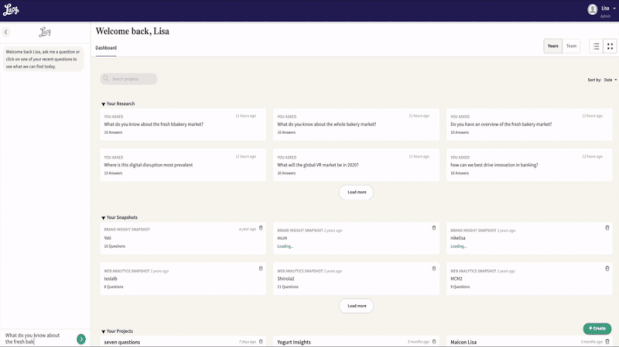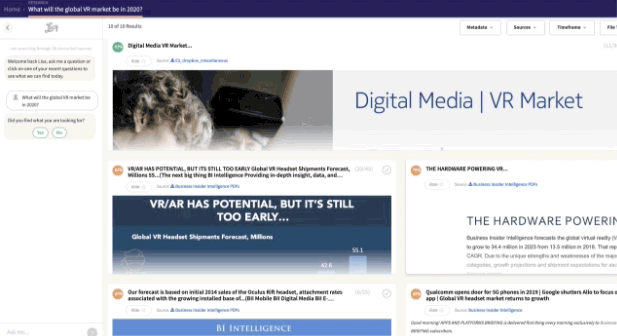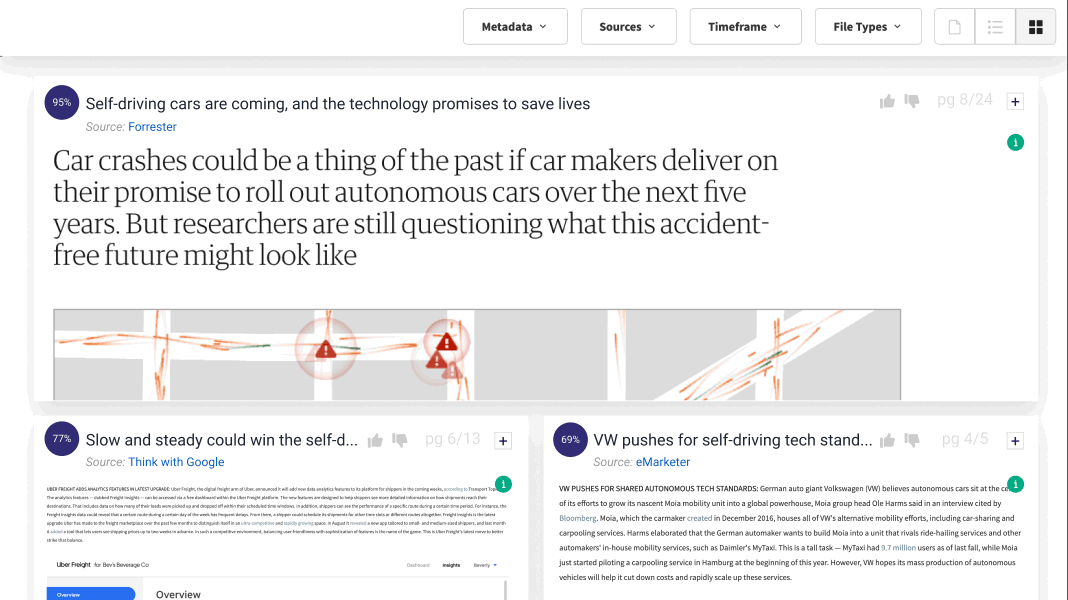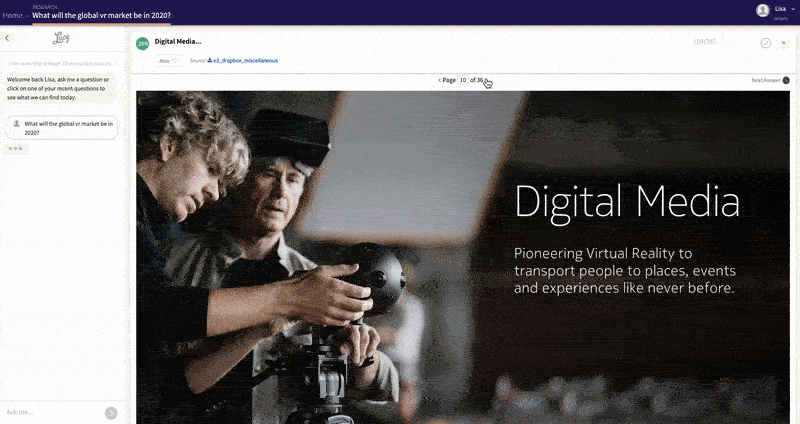It’s a phrase thrown around quite a bit in 2022: knowledge management. As a company who provides knowledge management services and solutions, we understand the concept—and we understand how our product transforms our client’s lives and businesses. But we also realize, not everyone knows what knowledge management is—the general public doesn’t, some of our prospects don’t, and I guarantee that my kids don’t. And that’s ok, because we’re going to explain it to you right now.
Universally speaking, knowledge management is the collection of methods relating to creating, sharing, using and managing the knowledge and information of an organization. In layman’s terms it means: the different ways companies and employees find the information they need, in a quick, efficient and organized way.  Let’s talk about the knowledge part of knowledge management. What IS knowledge? It depends on the company, the department, the team, and the employee—which means it’s constantly changing and evolving. I’ll make it clearer: the knowledge is files, images, videos, and powerpoints. It’s research and subscriptions. It’s the tools, source documentation, and training manuals. It’s new files and old files. It’s every single piece of information that makes a company a truly unique business. It’s a company’s DNA.
Let’s talk about the knowledge part of knowledge management. What IS knowledge? It depends on the company, the department, the team, and the employee—which means it’s constantly changing and evolving. I’ll make it clearer: the knowledge is files, images, videos, and powerpoints. It’s research and subscriptions. It’s the tools, source documentation, and training manuals. It’s new files and old files. It’s every single piece of information that makes a company a truly unique business. It’s a company’s DNA.
Given how important each piece of knowledge is, and how much of it there is (particularly if you think about big organizations with 15K, 50K, even 150K employees), it’s critical for companies to identify, organize, store, and disseminate it in the most productive, and time efficient way possible.
Let me give you an example. Let’s say there’s a consumer product company called DrinkX, and they currently employ more than 50K people. DrinkX is the flagship beverage brand, but there are several other divisions producing other types of beverages too. Chances are, during R&D, the product development team of the flagship beverage brand did some market research, and maybe even a few consumer studies. Total cost: $100K. (We all know good market research isn’t cheap.)
Several months later, one of the smaller brands commissions almost the exact same research, paying the same amount again, because they simply didn’t know what the other division had already done! A good knowledge management system like Lucy (our product!), would’ve indexed the initial research, and put it front and center when the other team searched for it.
Another example of organization-specific knowledge is each individual employee’s knowledge set. Employees come and go—they get promoted, change roles, and change companies (The Great Resignation is very real!) When an employee leaves, the data they leave behind essentially gets lost. Everything they worked on, every project, every report that they know about, is effectively unavailable to the organization. It’s there, somewhere, in a file. Yet, if nobody knows about it, they’re not going to find it or use it. Knowledge management can keep all knowledge organized. For instance, Lucy ensures tribal, proprietary knowledge is preserved, and can be easily found and leveraged.
A final example: the oh-so-tricky Mergers and Acquisitions transition. Not only is there tons of rapid change for both affected entities, there’s also an innate huge data transfer and a significant disruption of people. Doubling down on your knowledge management can turn a stressful, potentially unorganized transition into a smooth event. Lucy is a great solution, automating a seamless transfer of information, preserving valuable historical knowledge, and keeping employees up to speed with answers living within the influx of new data.
Knowledge management matters—not only for the time it saves employees and the redundancies it prevents, but also because employees see that you value their time, their input, and what they create. It speaks to a culture where the C-suite and management team truly care about their employee’s happiness.
Now that you understand what knowledge management is, hopefully you also understand the value of implementing a knowledge management tool. Adding Lucy to your team can change the way your organization works–saving time and money, and increasing employee happiness and retention.
Ready to learn more?
Download the White Paper:
Knowledge Management: The Challenge; The Solve












